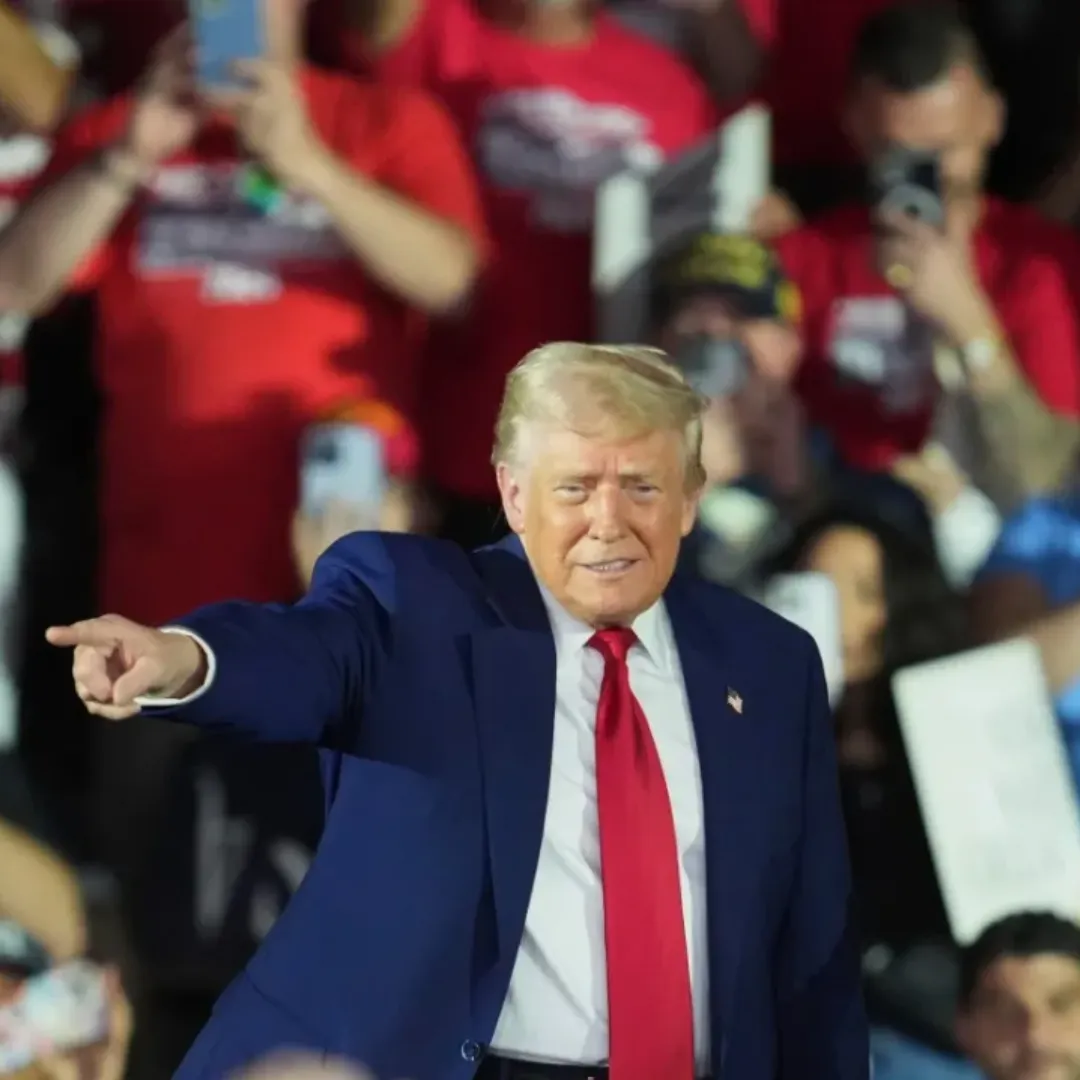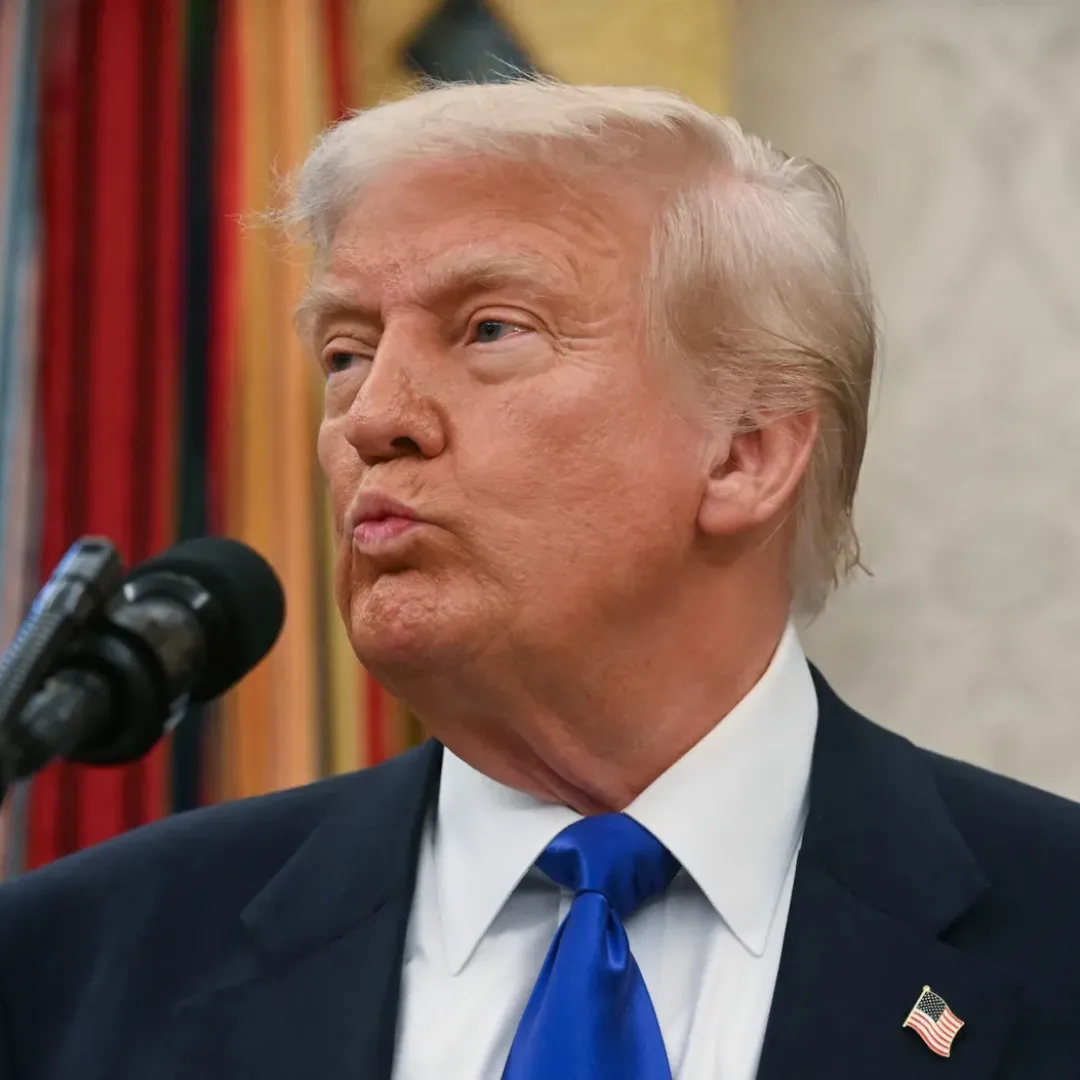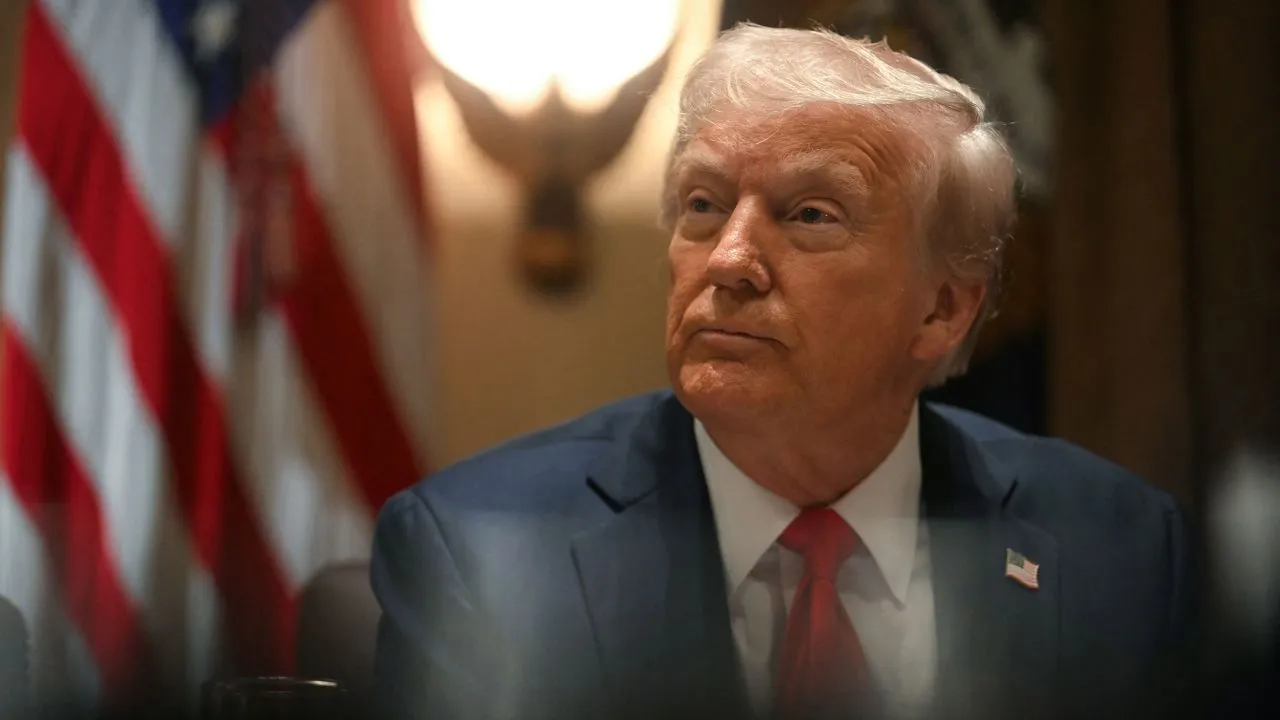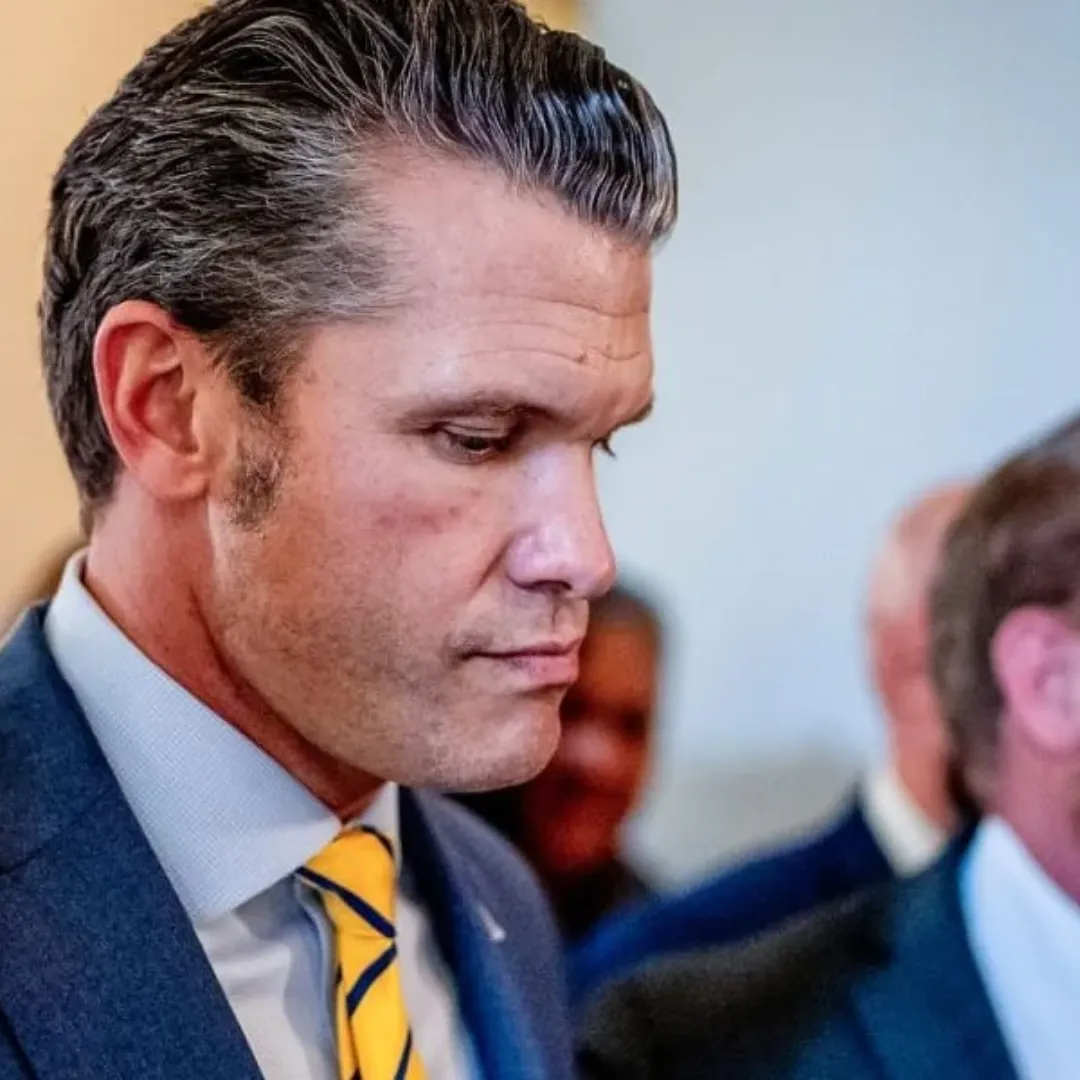
President Donald Trump said Tuesday that he does not plan to take a confrontational approach with China as his administration works to reach a new agreement on tariffs. Trump stated he believes the two countries could finalize a deal “pretty quickly,” signaling a shift in tone from the more aggressive trade posture seen during his first term in office.
Speaking with reporters at the White House, Trump was asked about the status of ongoing trade discussions with Beijing. His response appeared to contrast with concerns raised by members of his own administration about the financial and economic risks of escalating tensions.
“I’m not going to play hardball with China,” Trump said. “We’re working on a deal. I think we’re going to get something done pretty quickly.”
The comments came just hours after Treasury Secretary Scott Bessent warned about the impact of prolonged tariff conflicts, calling the current situation between the U.S. and China “unsustainable.” In remarks during a financial forum in Washington, Bessent said both sides would benefit from a stable agreement that allows for long-term economic cooperation.
“We have to acknowledge the reality that both economies are deeply interconnected,” Bessent said. “Tariff increases may have served short-term strategic goals, but in the long run, they carry significant risks for American businesses, consumers, and global markets.”
The Biden administration removed some Trump-era tariffs in 2023, particularly those that impacted key imports like medical supplies and semiconductors. However, many duties remained in place, and trade relations between the U.S. and China remained tense throughout the Biden presidency.
Trump, now in his second term, has signaled a willingness to renegotiate parts of the trade deal he struck during his first term in January 2020. That deal, known as the Phase One agreement, required China to significantly increase its purchases of U.S. goods and services, while also addressing issues like intellectual property protections and forced technology transfers.
Although China did increase purchases of U.S. agricultural products after the agreement, trade experts widely agree that it did not meet all its commitments under the deal. Additionally, new trade barriers and retaliatory tariffs continued to strain economic relations.
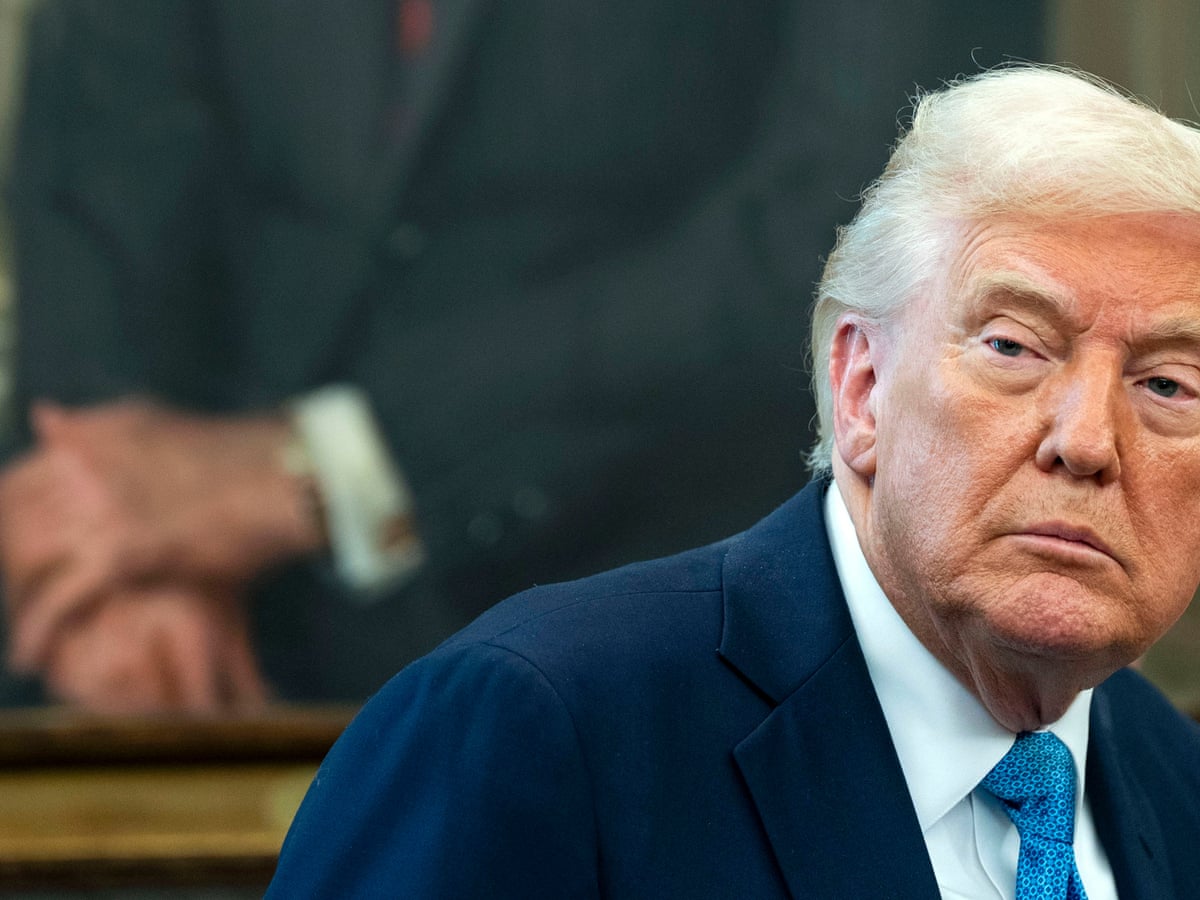
This time, Trump’s tone has softened, at least for now.
“We’re talking. We’re negotiating,” he said. “President Xi and I have had our differences, but I respect him. We want what’s best for both of our countries.”
Aides close to the president say the administration is weighing several options for a revised trade framework. While no formal details have been released, sources familiar with internal discussions say the White House is focused on stabilizing markets and creating predictable conditions for U.S. businesses that rely on Chinese supply chains.
In his Tuesday remarks, Trump also downplayed fears of a new trade war.
“I don’t think it’ll come to that,” he said. “China knows we’re serious, but they also know we want to make a deal. That’s how you get things done.”
Despite Trump’s optimism, concerns remain among U.S. industries, particularly in manufacturing and agriculture, which have faced disruptions from the trade conflict over the past several years.
Farm groups in states like Iowa, Wisconsin, and North Carolina have urged the administration to secure stable export pathways, pointing out that farmers still face uncertainty due to retaliatory tariffs on soybeans, corn, pork, and other goods.
The U.S. Chamber of Commerce, one of the largest business advocacy groups in the country, issued a statement Tuesday encouraging both sides to “engage in good faith negotiations and restore economic certainty.”
“We support the administration’s efforts to reach a practical and mutually beneficial agreement with China,” the statement read. “Predictability in trade policy is vital for American companies to thrive in the global economy.”
Meanwhile, some Republican lawmakers praised Trump’s approach and encouraged continued diplomacy, while also warning against removing too many tariffs without achieving firm concessions from Beijing.
“China has to be held accountable, but that doesn’t mean we have to torpedo our own economy in the process,” said Senator Lisa Graham of South Carolina. “We need to be smart, firm, and strategic.”
Democrats, for their part, have expressed mixed views. Some progressives argue that tariffs alone are not an effective tool and that broader reforms are needed in global trade policy to protect American workers. Others say any new deal must include stronger labor protections and environmental standards.
Senator Maria Torres of Oregon said the next trade agreement must ensure that both sides play by the rules.
“We can’t go back to business as usual,” she said. “We need a trade relationship that supports working families and prioritizes sustainability, not just profits.”
China has not yet issued an official statement in response to Trump’s latest comments. However, officials in Beijing have repeatedly called for a “reset” in relations, particularly after years of economic strain and political tension between the two powers.
Foreign Ministry spokesperson Hua Chunying recently told reporters that China is open to “constructive dialogue” with the United States but will insist on “mutual respect and equal treatment.”

Some analysts believe China may be more open to a new deal now, given the challenges it faces in its own economy. Growth has slowed in recent quarters, and supply chain issues, real estate troubles, and declining consumer demand have added pressure on Chinese leaders to stabilize external trade relationships.
Dr. Kenneth Hall, a trade policy expert at the Peterson Institute for International Economics, said Trump’s remarks suggest a more pragmatic approach than in the past.
“Trump is a dealmaker at heart. He’s always been transactional, and that means he wants a win he can sell to the American people,” Hall said. “If China can offer him something tangible—like big purchases of U.S. energy or tech goods—he’ll take it.”
However, Hall warned that any quick deal will still need to be backed by enforcement mechanisms to prevent backsliding, especially on issues like intellectual property and market access.
“The challenge is implementation,” he said. “We’ve seen that before. A deal on paper doesn’t always translate into real-world compliance.”
As the administration moves forward with talks, trade observers say it remains unclear whether the new agreement will be a continuation of the original Phase One deal or an entirely new framework.
For now, Trump is betting on dialogue over confrontation. In contrast to his first term, where he frequently imposed tariffs as leverage, the president now appears to be favoring a more measured tone.
“I want a deal that works for us and for them,” Trump said. “It doesn’t have to be hardball. It just has to be smart.”
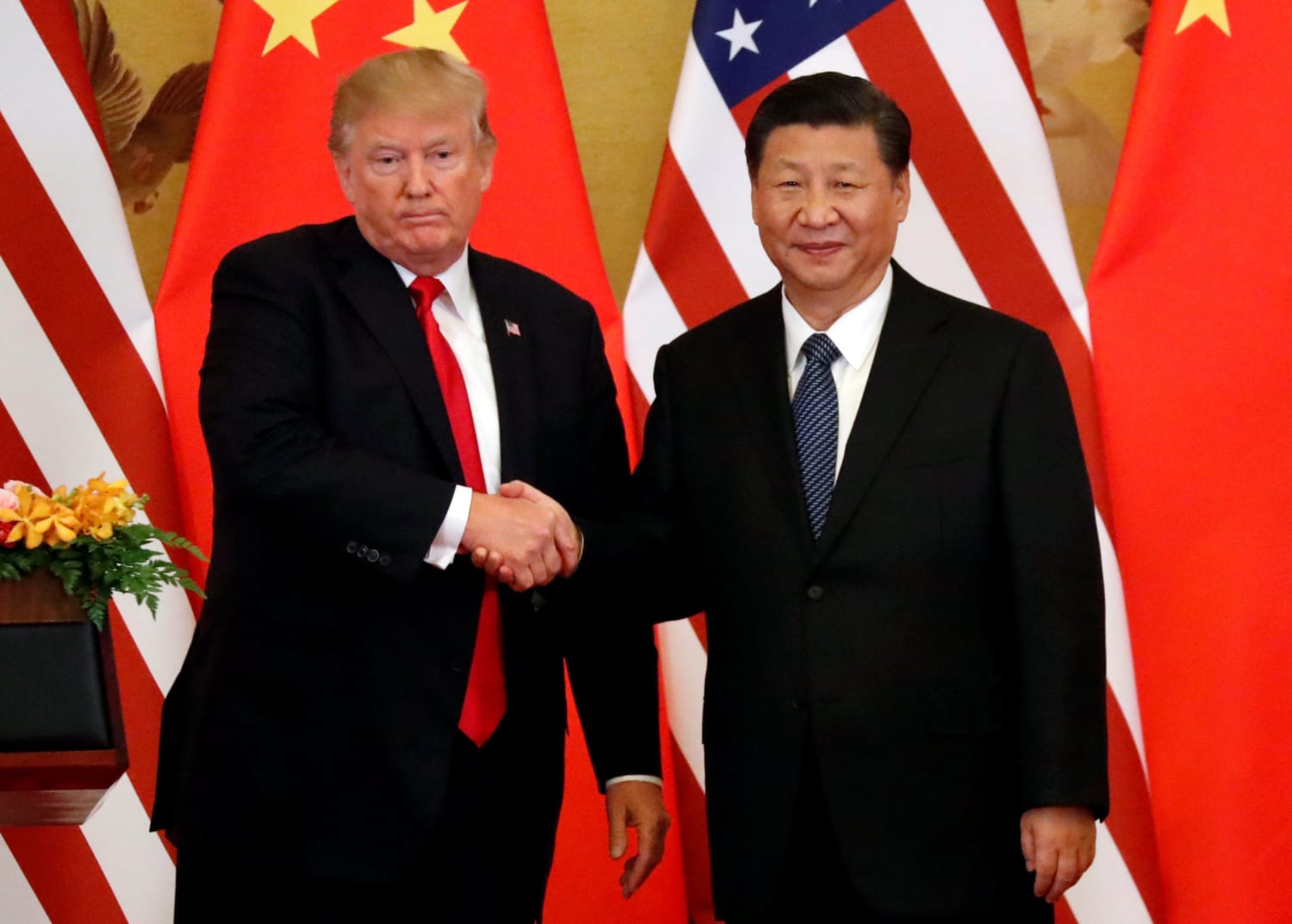
The White House has not set a public deadline for concluding the talks, but sources say the administration would like to finalize a framework before the end of the year, especially to calm markets and reassure U.S. exporters ahead of the next fiscal cycle.
Until then, businesses, lawmakers, and global markets will be watching closely to see if this new phase of U.S.–China relations marks a return to cooperation—or just a temporary pause in tensions.

